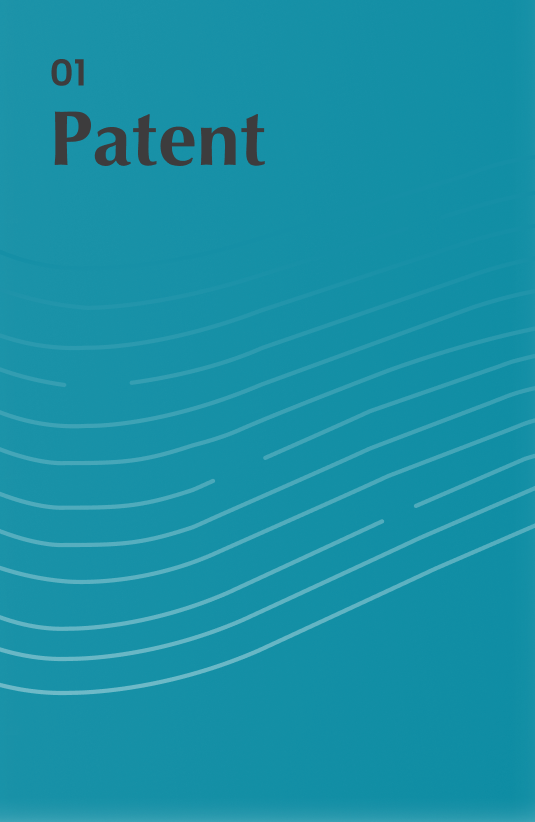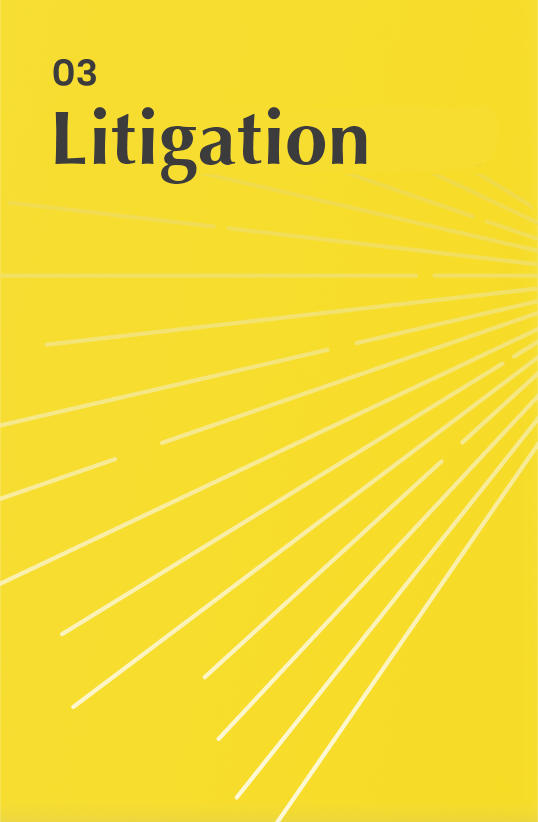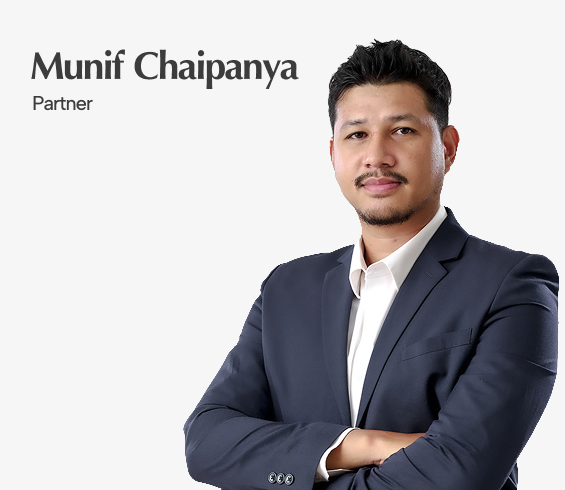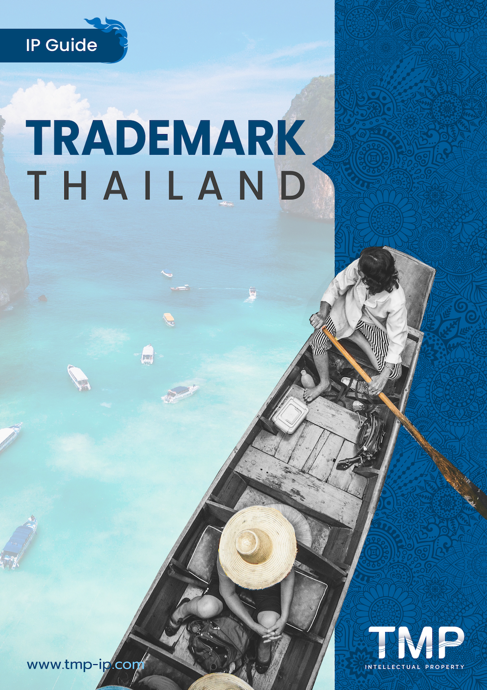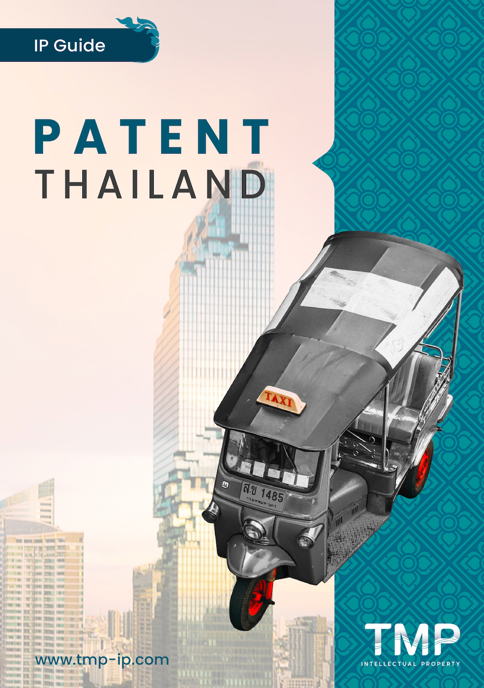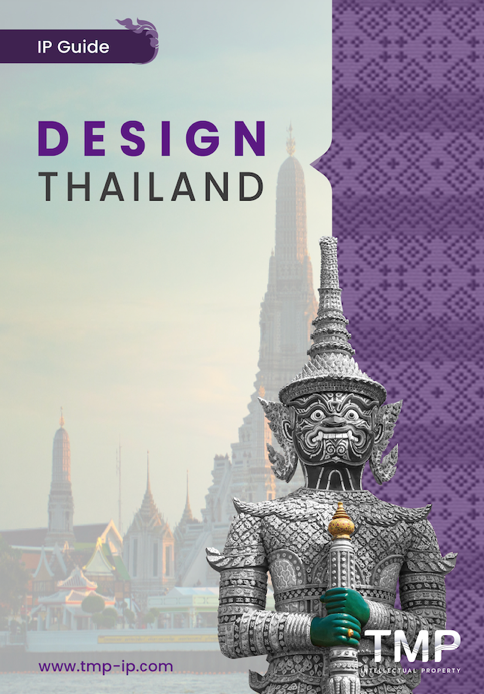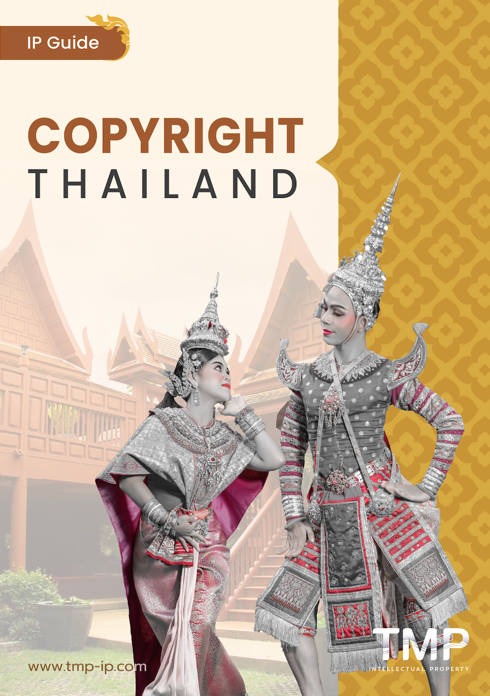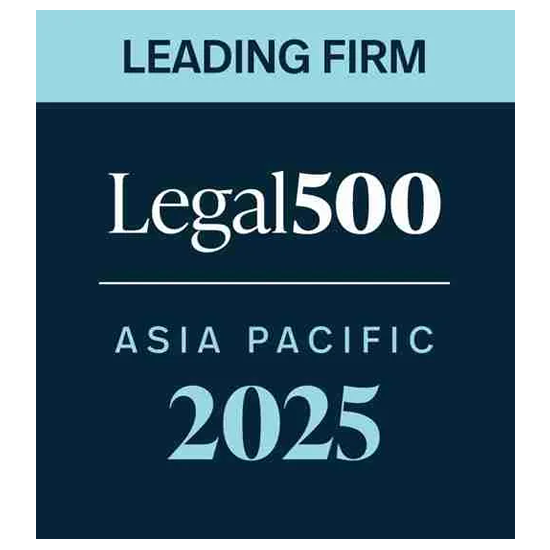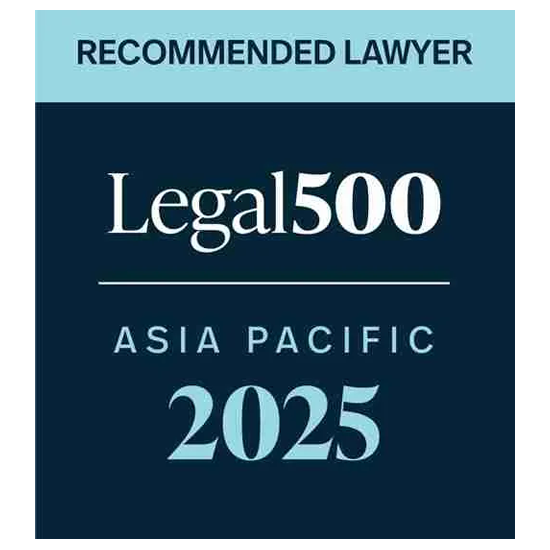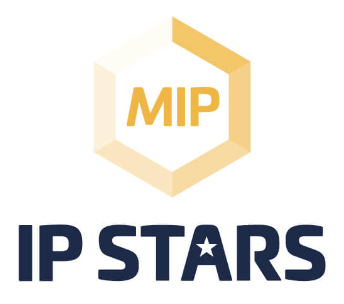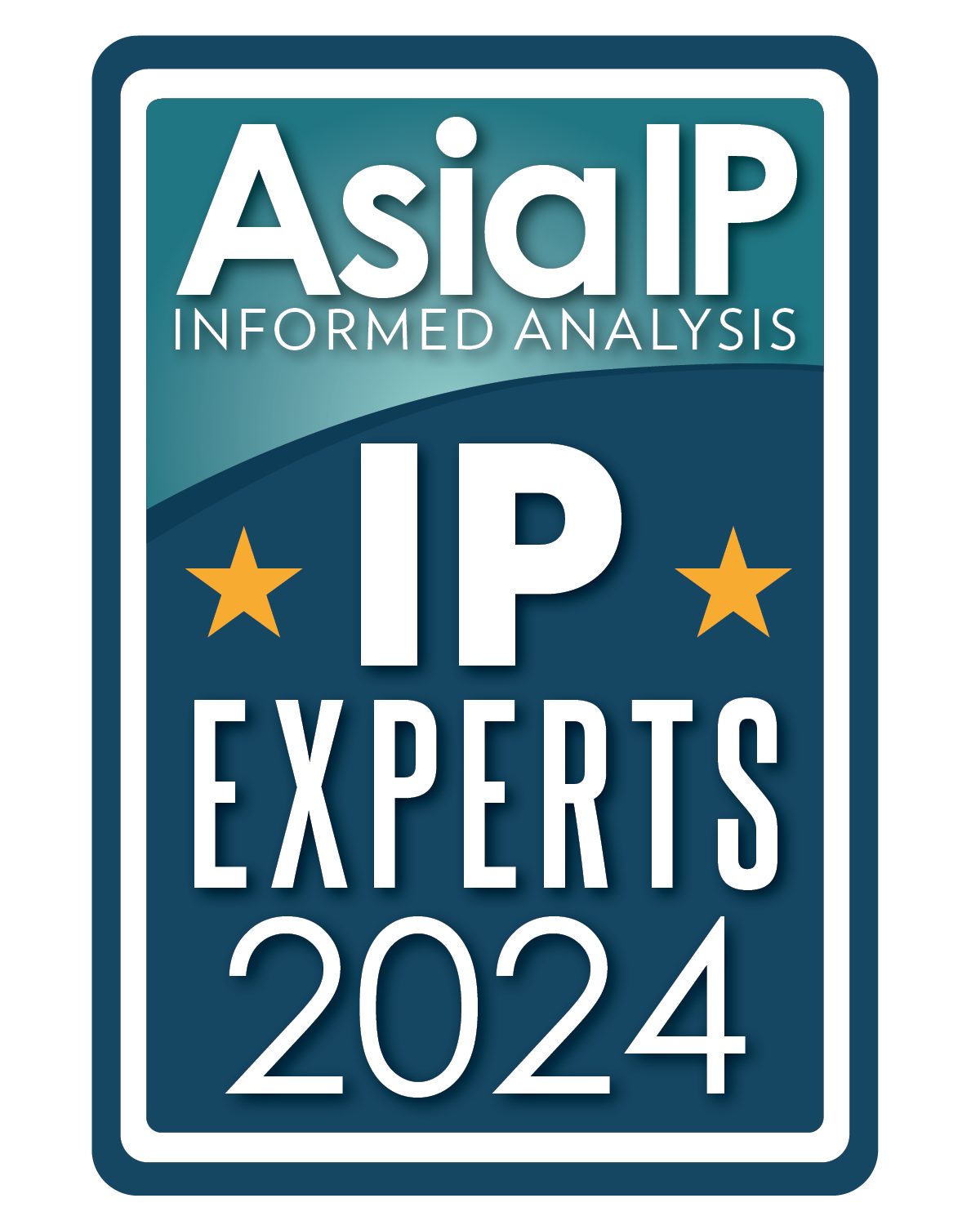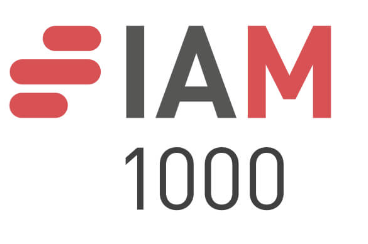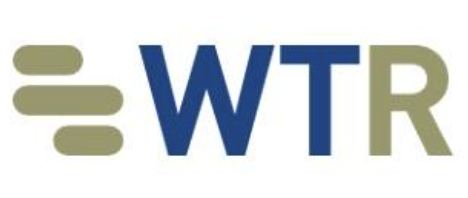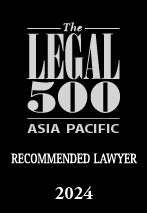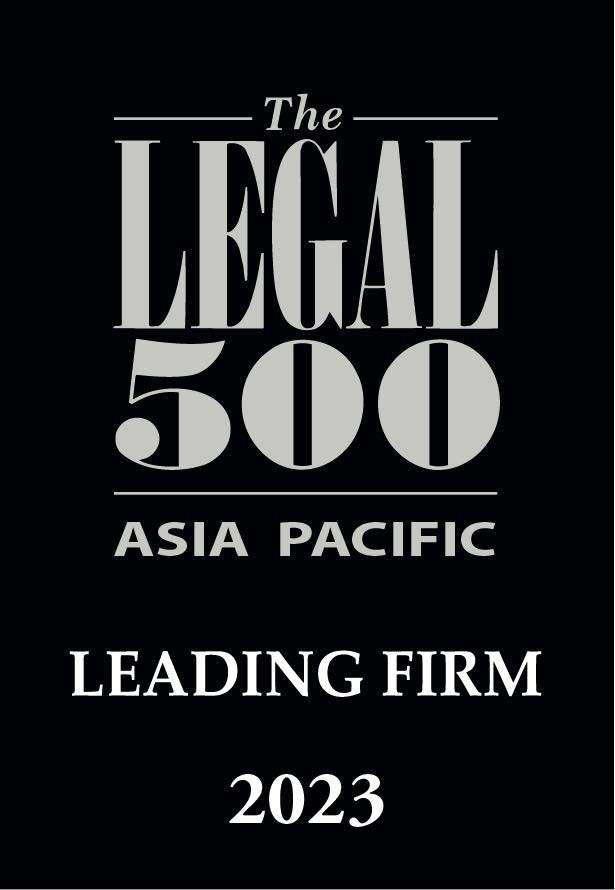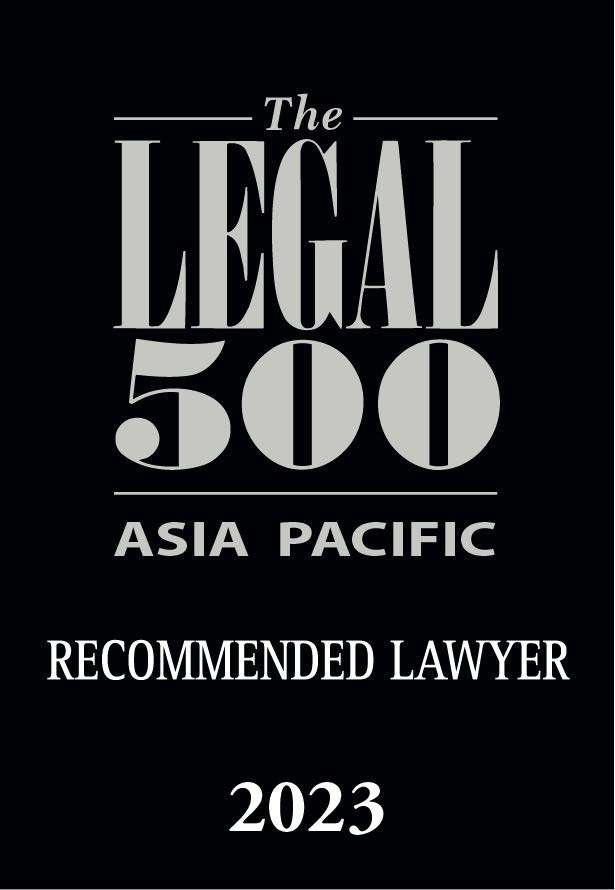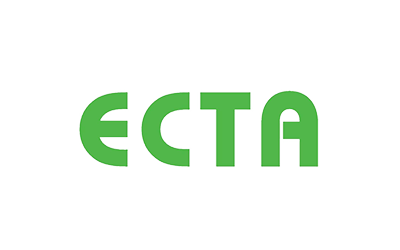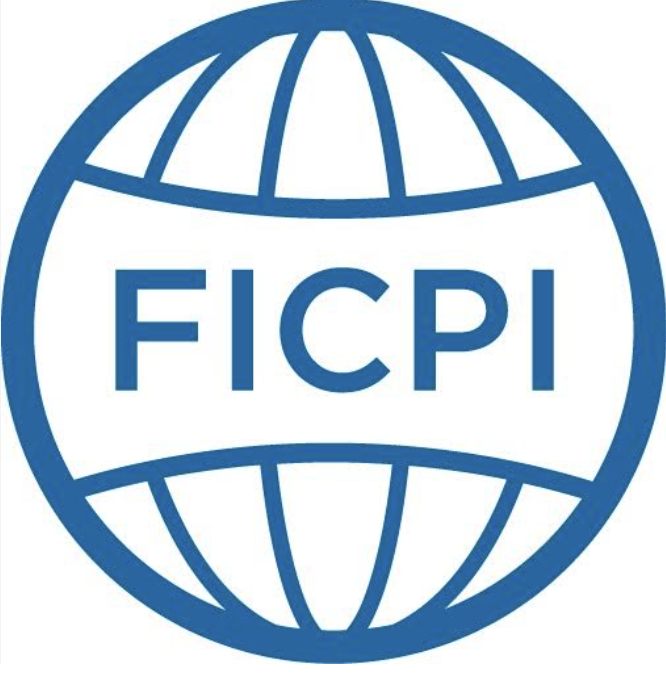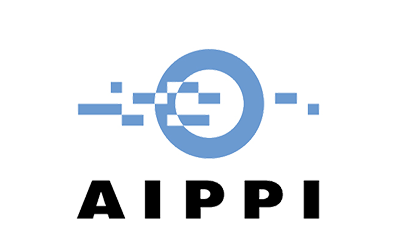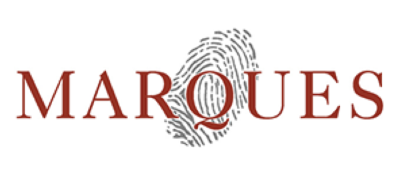Our team specializes in handling the most
complex &
technical patent.
With a deep understanding of both legal and scientific complexities, we provide expert advocacy for patent prosecution and enforcement, making us a trusted partner for technology innovators in Thailand.
Our Services
Based in Bangkok, Thailand, TMP Intellectual Property is a full-fledge Intellectual Property law firm providing services on patent, design, trademark and copyright matters for companies in all sectors and business areas, to protect, defend and leverage their IP assets in Thailand and overseas.
About us
Our IP Guides
Access and download our comprehensive 2025 guides on Trademark, Patent, Design, and Copyright to gain essential insights into the latest rules and regulations governing IP rights registration and prosecution in Thailand. Ensure you’re fully informed and equipped to navigate the complexities of intellectual property with ease:
Our Accolades
As active participants in the IP community worldwide, we maintain a close network of associates with cutting-edge expertise, ensuring robust protection for our clients’ IP rights overseas.
Our dedication to IP law excellence is reflected in numerous industry accolades.

